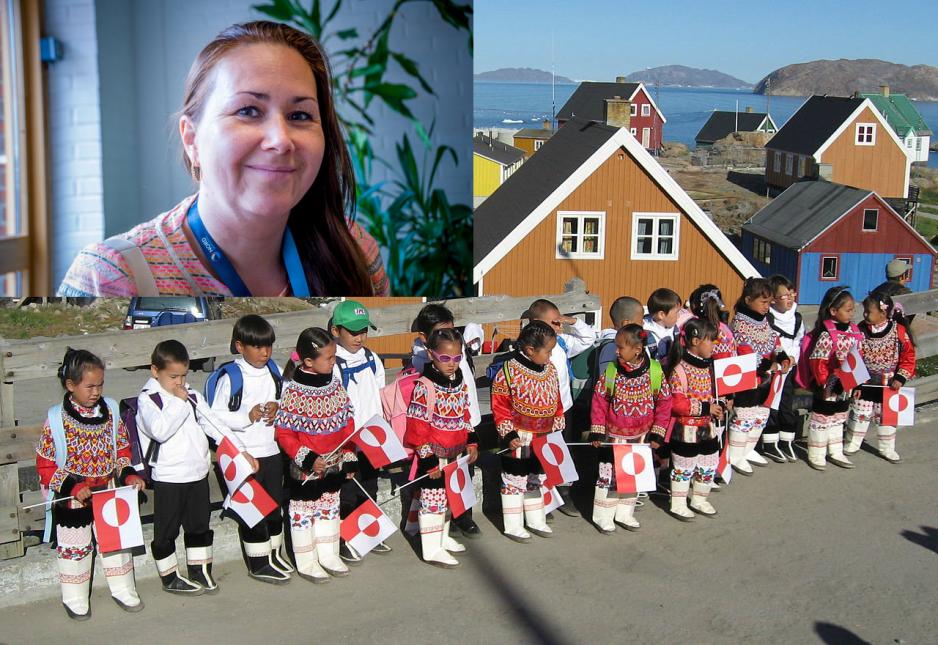- Our children is the most important resource

-Education and social security for our children is the most important factor of our future, says Aaja Chemnitz Larsen, Greenandiv member of the Danish Praliament. (Photo: Christine Karijord and Kim Hansen, Wikimedia Commons).
-Improving education and dealing with our social issues are crucial topics across the Arctic, says Aaja Chemnitz Larsen, Greenlandic Member of the Danish Parliament.
- Improving education and dealing with our social issues are crucial topics across the Arctic, says Aaja Chemnitz Larsen, Greenlandic Member of the Danish Parliament.
- Human capital is the most pressing issue in the Arctic. Communities across Greenland, and even across the Arctic, share many of these traits.
These are the concerns of the Greenlandic Member of the Danish Parliament, Aaja Chemnitz Larsen, who recently gave a passionate lecture on the topic at the High North Dialogue conference in Bodø.
She argues that social issues, in particular related to children, are often lost in the grandiose statements made at numerous Arctic conferences.
- This is an issue not often discussed at conferences. We tend to talk more about the "grand" things, like defence and international relationship. But this also involves peoples, especially the people of the Arctic. Instead, she argues, we should focus on the issues facing the people who actually live in the region.
- Otherwise we will end up just observing the development in our own region.
- Our children is the most important resource from High North News on Vimeo.
Chemnitz Larsen has previously worked with children’s issues and human rights, as a spokesperson for children in Greenland. She argues that education is also one of the essentials often neglected in circumpolar debates. Yet, we cannot talk about education without addressing social issues.- We know that 1/3 of all children have social problems at home, in turn making it difficult to get an education. We need to talk about this relationship, she argues.
Aaja Chemnitz Larsen has been one out of two Greenlandic Members of the Danish Parliament (Folketinget) since June 2015. She is born in Nuuk, Greenland, and has been a member of the Greenlandic Parliament since 2014. Before that, she worked with Transparency International, human rights, and children’s’ rights issues.
Albeit pressing in a circumpolar context, social and educational issues are predominantly dealt with on a national and regional level in the various Arctic countries. Yet, as Chemnitz Larsen argues, there could be room for more work done across the Arctic region to tackle social issues common to northern peoples. Enabling the inhabitants of the Arctic region to take control of their own societies – and thus lives – could be given a more prominent role in future Arctic discussions.
- I think it is very important to talk about strengthening the human capital of the Arctic, the people of the Arctic, as one of the most important resources we have, Aaja Chemnitz Larsen concludes.
